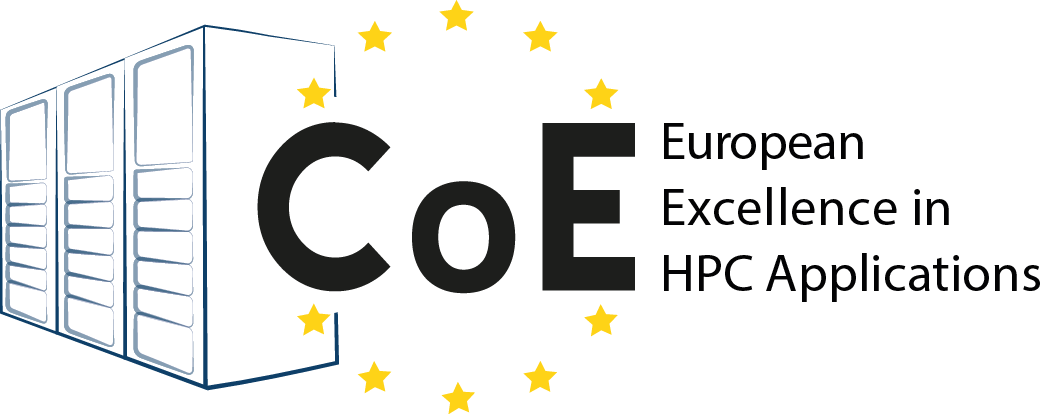The evolutionary pressure on electronic structure software development is greatly increasing, due to the emergence of new paradigms, new kinds of users, new processes, and new tools. Electronic structure software complexity is consequently also increasing, requiring a larger effort on code maintenance. Developers of large electronic structure codes are trying to relieve some complexity by transitioning standardized algorithms into separate libraries [BigDFT-PSolver, ELPA, ELSI, LibXC, LibGridXC, etc.]. This paradigm shift requires library developers to have a hybrid developer profile where the scientific and computational skill set becomes equally important. These topics have been extensively and publicly discussed between developers of various projects including ABINIT, ASE, ATK, BigDFT, CASTEP, FHI-aims, GPAW, Octopus, Quantum Espresso, SIESTA, and SPR-KKR.
